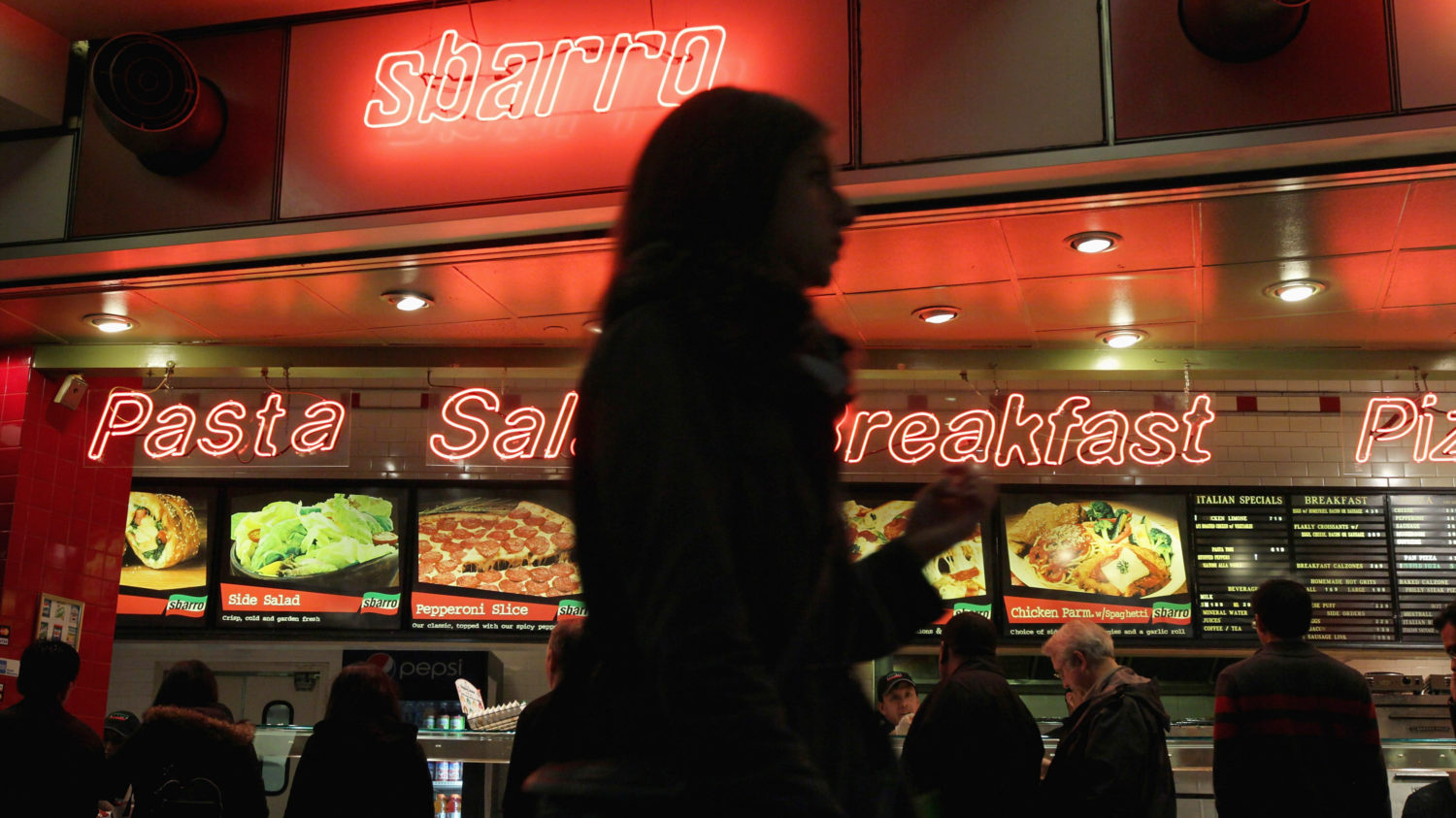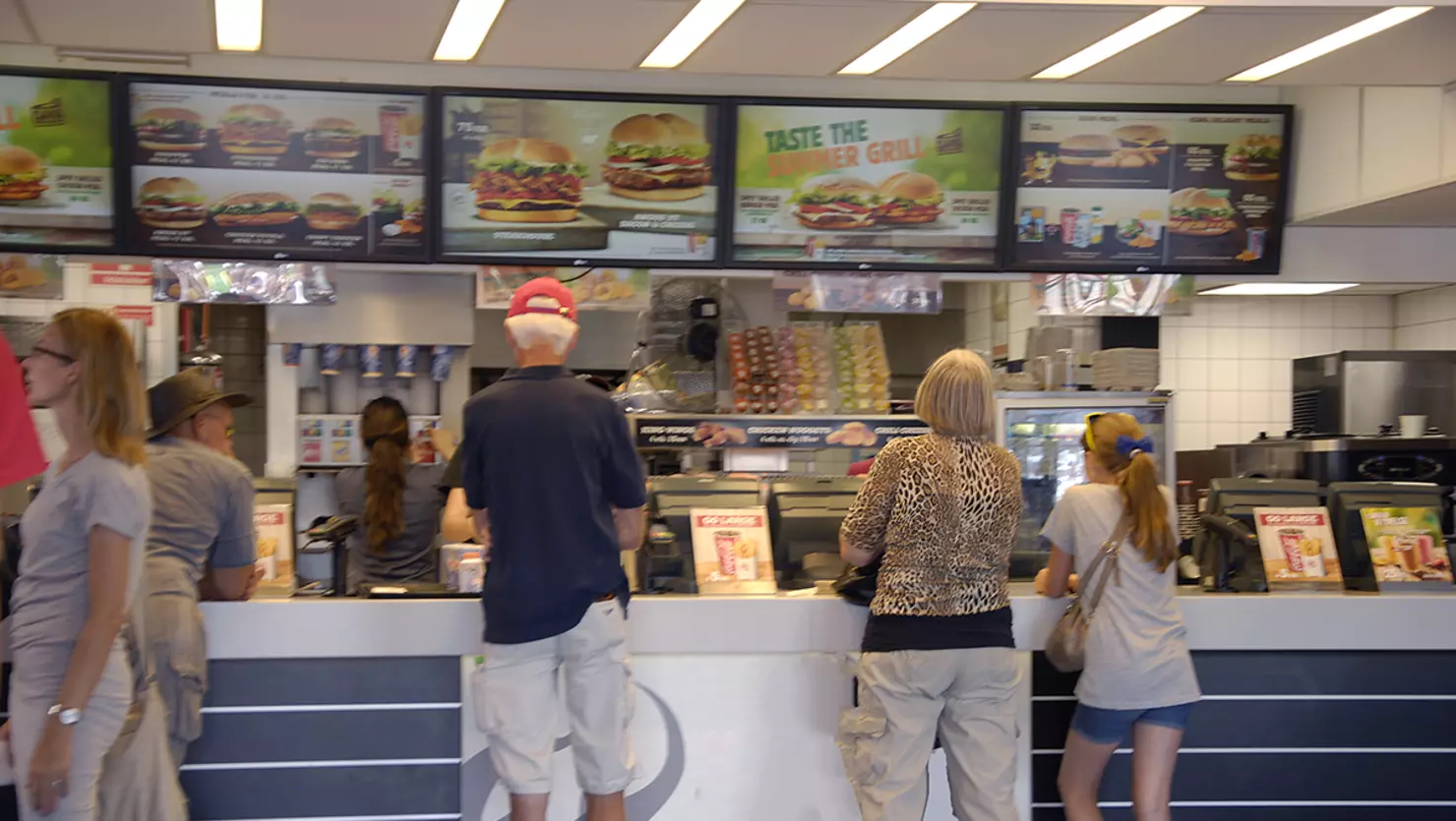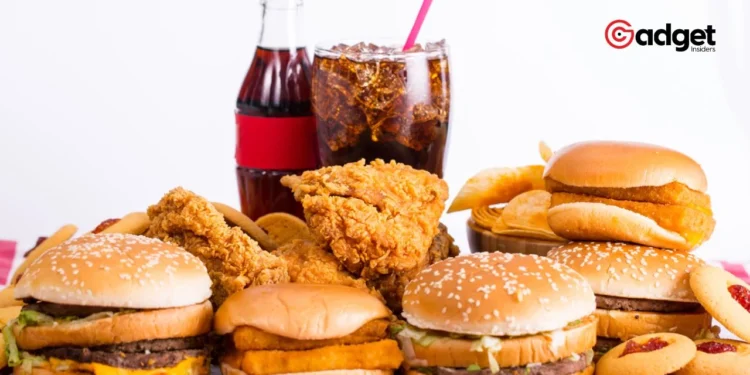The U.S. fast-food industry, once thought to be nearly recession-proof, has faced a rash of bankruptcies and closures, shaking the core of what was a thriving business sector. Recent events have forced numerous well-known chains to reevaluate their business models, with some unable to continue operations.

Fast-Food: The Downfall of Beloved Chains
Several well-known fast-food businesses have shut down their operations as a result of financial difficulties, which have been made worse by the ongoing recovery from the COVID-19 pandemic. This dramatic shakeup has caused a substantial shakeup in the industry.
Tijuana Flats Restaurants and the Boxer ramen company in Portland are two of the most notable businesses that have shut down their operations.
Tijuana Flats, a direct competitor to giants like Taco Bell and Chipotle, sought refuge in a Chapter 11 bankruptcy filing on April 19, under the jurisdiction of the U.S. Bankruptcy Court for the Middle District of Florida.
Despite initial plans for reorganization under new ownership by Flatheads LLC, the chain closed 11 of its locations. “The company plans to revitalize its restaurants and reinvigorate the customer experience,” stated a representative in a recent announcement.

Similarly, Boxer, a cherished ramen provider in Portland, Oregon, closed all four of its locations on April 29, nearly three months after its own Chapter 11 filing. The chain struggled to bounce back from financial woes triggered by the pandemic and a damaging January ice storm that stalled business for days.
“It is with a heavy heart we announce that after 11 years of serving you our unique brand of Ramen, we have sadly closed our doors for good,” read a heartfelt farewell message on the company’s website.
Good, too many food places in America, and almost every single food establishment runs on the addage of not paying a living wage to people 🤷🏼♀️so fuckem
Another popular fast-food chain closes after filing bankruptcy https://t.co/nSAp4sk4cM
— LT Aldo Raine ♐🍄 (@ltaldoraines3) May 3, 2024
Nationwide Impact and Restructuring Efforts
Other chains like Sticky’s, a New York-based chicken fingers fast-food chain, and Outfox Hospitality’s brands, including Foxtrot and Dom’s Kitchen & Market, also fell victim to similar fates, filing for Chapter 11 and Chapter 7 bankruptcies respectively.
Sticky’s cited reduced traffic, rising commodity prices, and ongoing lawsuits as core reasons behind its financial distress.
In an intriguing twist, Burger chain SuperDeluxe, under the same parent company as Boxer, MMMco., managed to keep some locations open despite the financial upheaval. This was mainly attributed to their operational adjustments, like maintaining outlets that included drive-thru services.

The Broader Economic Ripple
The closures and bankruptcies signal a deeper economic issue within the food service industry, highlighting the susceptibility of even well-established brands to market volatility and changing consumer behaviors.
The affected chains reportedly employed about 240 workers before the filings, reflecting not just a business loss but a significant employment impact.
The fast-food sector’s struggle mirrors a broader trend in retail and hospitality, where businesses continue grappling with post-pandemic challenges such as inflated costs and altered consumer expectations.
Looking Ahead
While the future remains uncertain for many in the industry, the story of these chains provides crucial insights into the resilience and adaptability needed in the face of unprecedented challenges.
As these businesses navigate through their restructuring plans or wind down operations, the lessons learned will likely influence how new and existing companies strategize in a post-pandemic economy.
The landscape of American fast food, characterized by quick service and competitive pricing, may see a shift towards more sustainable and flexible business practices in the years to come. For now, the industry watches and learns as each company adjusts to the new normal of the dining business.










